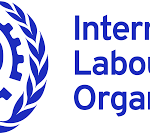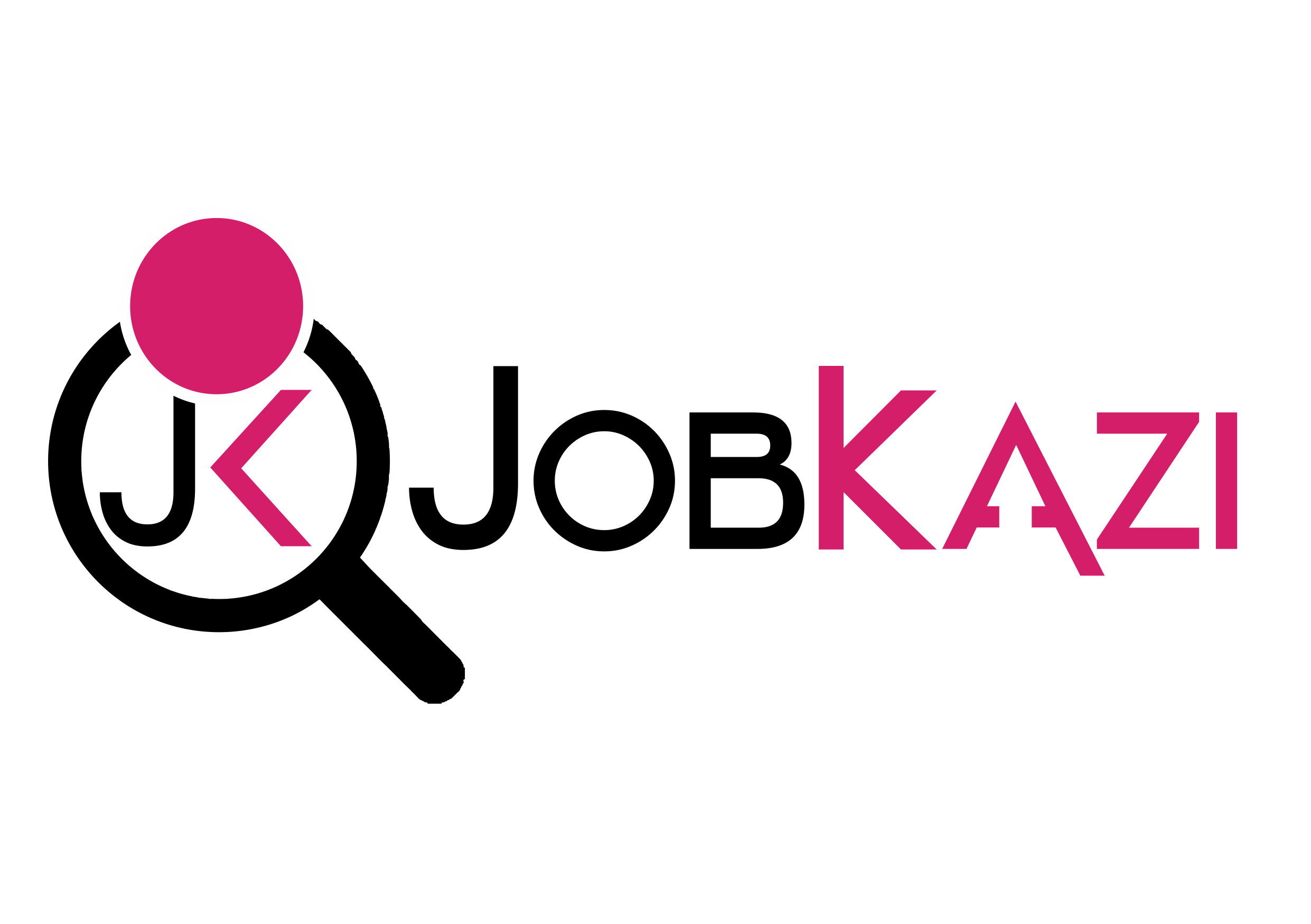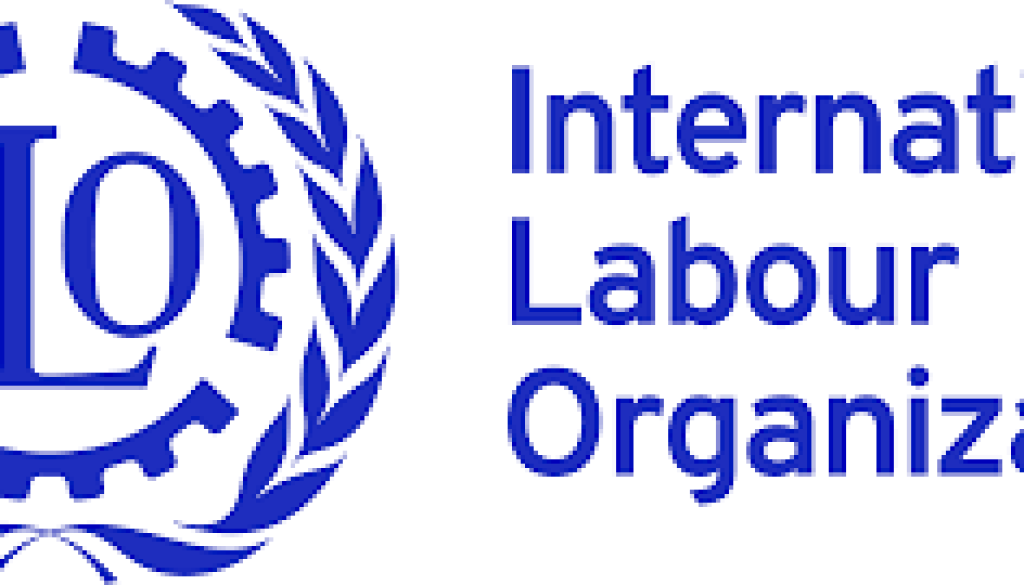National Progamme Coordinator Vacancy-Job Ref: JKRWILO/2508/202385

ILO
National Progamme Coordinator Vacancy-Job Ref: JKRWILO/2508/202385
Kigali (Rwanda)
JOB DESCRIPTION
Under article 4.2, paragraph (e) of the Staff Regulations, the filling of vacancies in technical cooperation projects does not fall under Annex I of the Staff Regulations and is made by direct selection by the Director-General.
In order to support the best informed process in the filling of the above-mentioned vacancy by direct selection, the ILO invites interested candidates to submit their application online by the above date.
The ILO values diversity among its staff and welcomes applications from qualified female candidates. We also encourage applicants with disabilities.
Technical cooperation appointments are not expected to lead to a career in the ILO and they do not carry any expectation of renewal or conversion to any other type of appointment in the Organization. A one-year fixed-term contract will be given. Extensions of technical cooperation contracts are subject to various elements including the following: availability of funds, continuing need of the functions and satisfactory conduct and performance.
Introduction
The ILO Country Office for the United Republic of Tanzania, Burundi, Kenya, Uganda and Rwanda represents the ILO in Rwanda.
Despite significant progress in extending social protection in many parts of the world, the human right to social security is still not a reality for the majority of the population. Only 17.4% of Africa’s population is covered by at least one social protection cash benefit, leaving more than 80% – the vast majority of workers in the informal economy and their families – without any protection at all.
To respond and contribute to this situation, the International Labour Organization (ILO) has set up a multi-donor programme to support the implementation of the 2nd phase of the ILO Flagship Programme on Building Social Protection Floors for All. This programme, launched at the end of 2021, currently supports the DRC, Rwanda and Burundi – the Great Lakes Region – as well as an Asia component. The programme aims to strengthen universal social protection. The three country components in the Great Lakes Region (DRC, Burundi and Rwanda) are complemented by a regional and global component, which will aim to extend the impact of the project beyond the three initial countries, by promoting global and regional partnerships and transfer of knowledge and experience.
Social protection in Rwanda comprises contributory and non-contributory schemes. Social security is administered by the Rwanda Social Security Board (RSSB) – established in 2010 RSSB is comprised of six schemes: (1) Pension Scheme (2) Occupational Hazards Scheme (3) Maternity Leave Benefit Scheme (4) Medical Scheme (5) Community-Based Health Insurance Scheme (CBHI) and (6) EjoHeza (a long term saving scheme covering salaried workers and non-salaried population).
Despite the ambitious programmes, RSSB covers less than 10% of the working population. Although over 80% of the Rwandan population has access to health insurance, estimates suggest only about 60% of the poorest quintile have access despite the presence of premium subsidies for households in the first Ubudehe Category. Coverage of safety net programmes are generally low despite Government’s effort to device innovative approaches. The Vision 2020 Umurenge Programme has coverage rates of less than 1% of the population, while the Ubudehe benefits only 8% of the population.
The first National Strategy for Transformation (2018-2024) reaffirms the central role of social protection in eradicating and enhancing the standard of living of Rwandans. Rwanda’s third National Social Protection Policy (2018 – 2024) reconfirms the country’s commitment to advance towards the establishment of a social protection system that delivers “universal protection for all citizens”. The Policy proposes a comprehensive vision for social protection that encapsulates social security, short-term social assistance, social care services and targeted livelihood and employment support.
The NSSP Social Protection Sector Strategic Plan (SP-SSP) 2018/19 – 2023/24 highlights the following priority areas: (1) increase access to social security and income support programmes, particularly among vulnerable older people, people with disabilities, households with low labour capacity and other poor families. (2) enhance social protection sector’s contribution to reducing malnutrition. (3) strengthen support for households and communities affected by disasters and shocks. (4) strengthen the provision of social care services for the protection and inclusion of the most vulnerable (5) strengthen linkages between social protection and complementary programmes that support sustainable graduation from extreme poverty (6) promote values of self-reliance, respect for rights and community-based support for the vulnerable (7) strengthen institutional capacity for evidence-based policy development and social protection service delivery.
The ILO Flagship Programme on Building Social Protection Floors for All will support Rwanda in: (1) within the framework of the National Social Protection Strategy, to identify and develop social security products and services, including unemployment protection responding to the priorities and needs of workers in the formal and informal economy; (2) in alignment with the RSSB Strategic Plan 2020 – 2025, strengthening administration of social security schemes; (3) strengthening the capacities of national actors to effectively implement social protection schemes and advocate for their sustainable financing.
At the regional level, the programme provides for the development and sharing of knowledge on social protection financing and capacity building to build systems for the collection and compilation of national statistics on social protection.
The 24-month programme will be implemented jointly and in close coordination between the ILO Country Office in DRC (for the DRC component and the regional component), the ILO Country Office in Dar es Salaam (for the Rwanda and Burundi components), and by the ILO Social Protection Department (SOCPRO) in Geneva and with support from the DW Teams in Pretoria and Yaoundé.
The ILO is seeking to recruit a National Programme Coordinator- Social Protection to ensure the implementation of the project in Rwanda. The position will be based in Kigali, Rwanda.
Reporting Lines
Under the overall responsibility of the Director of the ILO Office for the United Republic of Tanzania, Burundi, Kenya, Uganda and Rwanda, the National Programme Coordinator- Social Protection will report directly to the Project Manager – Social Protection of the project in Rwanda. S/he will also work closely with the DWT Social Protection Specialist in Pretoria and the Social Protection Department at HQ Geneva (SOCPRO).
Description of Duties
The National Project Coordinator- Social Protection expert will perform the following tasks :
Support the day-to-day management, implementation and monitoring of the project activities in Rwanda, under the supervision of the Project Manager. S/he will work in close collaboration with the line ministry, all stakeholders, including development partners and in particular ENABEL;
Develop and regularly update the project work plan, ensure its implementation, monitoring, evaluation and reporting on programme activities and results. This includes updating information in the ILO Social Protection Results Monitoring Tool;
Develop terms of reference for consultants and subcontractors who will be involved in the implementation of project activities. Provide backstopping support to consultations including facilitating access to and communication with national partners.
Provide technical support to tripartite constituents to ensure that capacity – both functional and material – is strengthened to enable them to carry out their mandates and functions more effectively and to enable them to play an effective role in social dialogue on social protection. This includes conceptualising, planning/organising and delivering training seminars, workshops and meetings, in collaboration with the Technical Advisor, as part of the project work programme.
Develop and maintain partnerships with line ministries involved in social protection policy, the private sector and professional organizations, other UN agencies, financial institutions and civil society organizations, including youth organizations, working within the ILO’s mandate and in the social protection and related sector;
Support and provide technical inputs to the processes of revision and implementation of the National Social Protection Policy, the National Social Protection Strategy, the RSSB Strategic Plan and related coordination mechanisms in the social protection sector.
Participate and contribute technically to research, analytical reports on national socio-economic priorities and other relevant information related to social protection, tripartism, social dialogue and decent work in Rwanda. Support national committees in coordination and implementation of the Decent Work Country Programme;
Support the improvement of the availability and quality of data on social protection in Rwanda under supervision of the Project Manager.
Ensure the production of progress reports on the programme in Rwanda in relation to the ILO’s programming and results monitoring framework, highlighting the project’s contribution to the relevant indicators of the ILO Programme and Budget 2022-23, the Decent Work Country Programme Outcomes, the UN Sustainable Development Framework, the Global Flagship on Social Protection Floor. This includes the preparation of periodic progress, outcome and impact reports and technical and financial implementation reports of the project; it also includes participation in the preparation of notes on the contribution of the project to the development of social protection and its extension to informal economy workers and their families in relation to the guiding principles of Recommendation No. 202 on social protection floors;
Position the ILO as a key partner in social protection within UN agencies and other partners in Rwanda;
Ensure visibility of the project activities and actively communicate the results of the project, as well as the importance of the ILO’s mandate to promote universal social protection and the achievement of relevant SDG targets, at national, regional and global levels;
Contribute to the monitoring of the efficiency and effectiveness of working methods and processes and make recommendations for improvement. Monitor the efficiency and delivery of resources and ensure compliance with ILO financial rules and regulations, policy and programme priorities. Prepare background information, programme notes, periodic reports, mainstreaming gender analysis and technical reports and related statistical data on the status of programme activities for the attention of Technical Advisor, CO Dar es salaam Director and relevant specialists.
Carry out any other duties and tasks assigned by the Directorate, including taking initiatives to mobilize resources for the Global Flagship Programme on Social Protection Floor, initiating the development of project proposals for this purpose; identifying and contacting potential partners.
Required qualifications
Education
First level university degree in social protection, law, industrial relations, labour economics, health economics, sociology, social sciences, and other fields relevant to the job.
Experience
Minimum of three years of professional experience in planning, monitoring, implementation and evaluation of programmes and/or projects. Experience working for UN Agencies or international development partners is an asset. Good knowledge of the social protection and the employment landscape, institutional, policy and legal framework in Rwanda is strongly desirable.
Experience in mobilising ILO constituents to influence policy and institutional reforms, facilitate social dialogue, and mainstreaming ILS and gender, and working with different social protection stakeholders is preferred.
Languages
Excellent command of spoken and written English, and knowledge of Kinyarwanda is an asset.
Competencies
Good knowledge of the principles and concepts of programming and results-based management (RBM).
Knowledge of the programming cycle (planning, monitoring, reporting and evaluation).
Experience in resource mobilisation.
Political awareness and understanding of socio-economic factors.
Knowledge of methods and techniques for designing and evaluating the quality and effectiveness of process implementation.
Good knowledge of social dialogue, tripartism and social protection issues
Excellent knowledge of PC software (including word processing, spreadsheet and presentation software) such as Microsoft Office.
In addition to the ILO core competencies [Integrity and Transparency, Diversity Awareness, Learning and Knowledge Sharing Orientation, Client Orientation, Communication, Change Orientation, Taking Responsibility for Performance, Quality Orientation, Collaboration], this position requires
Ability to interpret and work according to applicable rules, regulations, policies and procedures.
Ability to work effectively in a team and excellent interpersonal skills.
Strong written and verbal communication skills, including the ability to write accurate reports and to build networks to obtain cooperation with partners.
Ability to maintain good working relationships with all project stakeholders.
Ability to establish and maintain systems within project operations.
Ability to understand and effectively work with Government, workers and employers’ organizations, non-government organizations and UN agencies.
Ability to work independently, quickly, precisely, and take initiative and responsibility
Proficient in basic computer software (Microsoft Word, PowerPoint, Excel, Adobe Reader) and ability to use other software packages required by the Office
Proven ability to implement projects in cooperation with project partners and key stakeholders
Proven ability to take ownership of all responsibilities, to act with integrity and transparency by maintaining social, ethical and organisational norms
Ability to work in a multicultural environment and to demonstrate gender-sensitive and non-discriminatory behaviour and attitudes.
Please click on the button below to Apply.

